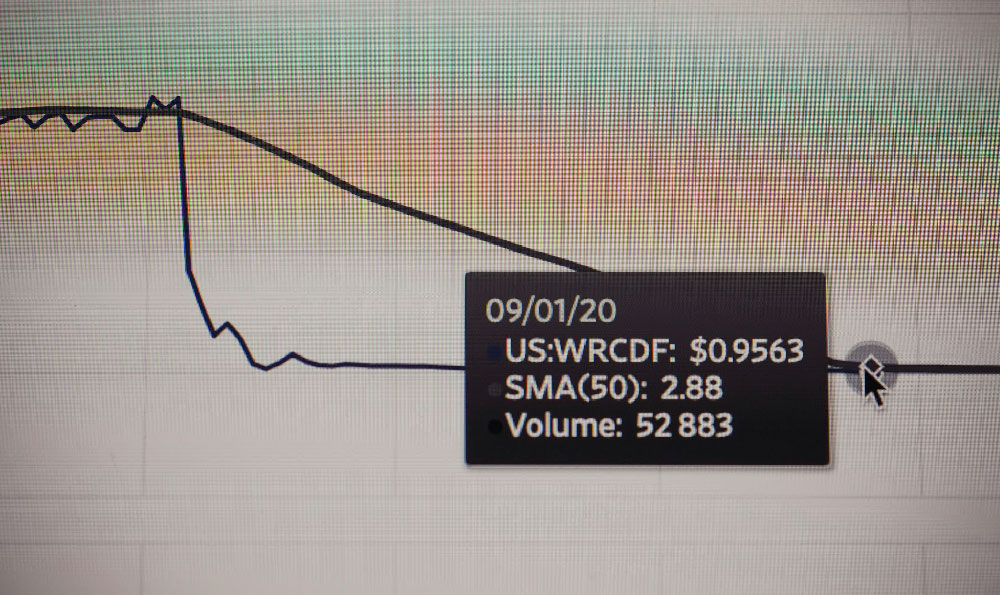Okay, here's an article exploring the potential benefits and drawbacks of investing in a second home, written to be informative, engaging, and thorough.
Is a Second Home a Good Investment? Or Is It a Bad Idea?
The allure of owning a second home is a powerful one. Visions of sun-drenched beaches, snow-capped mountains, or tranquil countryside landscapes dance in our heads. Beyond the idyllic imagery, however, lies a critical question: is a second home a sound financial investment, or a risky proposition fraught with hidden costs and potential pitfalls? The answer, unsurprisingly, is nuanced and depends heavily on individual circumstances, financial goals, and a realistic understanding of the real estate market.

Let's begin by examining the potential upsides. A well-chosen second home can indeed provide a tangible return on investment. Appreciation in property value is perhaps the most obvious benefit. Real estate, particularly in desirable locations, tends to appreciate over time. Careful market research, including studying local economic trends, future development plans, and comparable sales data, is crucial to identifying areas with strong growth potential. The potential for generating rental income presents another compelling argument. Depending on the location and seasonality, renting out the property when it's not in personal use can significantly offset mortgage payments, property taxes, and maintenance expenses. Platforms like Airbnb and VRBO have made it easier than ever to manage short-term rentals, opening up opportunities for generating passive income. Furthermore, a second home can diversify your investment portfolio. Real estate often behaves differently than stocks and bonds, providing a hedge against market volatility and reducing overall risk. For many, the true value of a second home lies not solely in monetary gains but also in the lifestyle benefits it provides. It offers a dedicated escape from the pressures of everyday life, a place to create lasting memories with family and friends, and a potential retirement haven. The ability to personalize the space, decorate it to your taste, and create a welcoming environment is a significant advantage over renting vacation properties.
However, the rosy picture often obscures a complex reality. The expenses associated with owning a second home extend far beyond the initial purchase price. Mortgage payments, property taxes, insurance premiums, and utilities are just the tip of the iceberg. Routine maintenance, repairs (which can be surprisingly frequent), landscaping, and snow removal add to the ongoing costs. If you plan to rent out the property, you'll also need to factor in property management fees, cleaning expenses, and marketing costs. Vacancy periods, especially during off-season, can significantly impact rental income and strain your finances.
Liquidity is another critical consideration. Real estate is a relatively illiquid asset. Selling a property can take time, and there's no guarantee you'll be able to sell it quickly or at your desired price, particularly in a down market. This can be a significant issue if you need to access the capital tied up in the property.
Tax implications also need careful consideration. While you may be able to deduct mortgage interest and property taxes, the rules can be complex, especially if you rent out the property for part of the year. Consult with a tax advisor to understand the potential tax benefits and liabilities associated with owning a second home.
Financing a second home can also be more challenging than financing a primary residence. Lenders typically require a larger down payment and may charge a higher interest rate. Credit score requirements may also be stricter. Securing financing can become even more difficult if you already have a mortgage on your primary residence.
Beyond the financial considerations, emotional factors can also play a role. Maintaining two properties requires significant time and effort. Managing rentals from a distance can be particularly stressful. Unexpected problems can arise at any time, requiring immediate attention and potentially costly solutions. Disputes with neighbors, property damage caused by renters, and changes in local regulations can all add to the challenges.
Ultimately, the decision of whether or not to invest in a second home is a personal one. There's no universal answer, and what works for one person may not work for another. A thorough financial analysis, a realistic assessment of your personal circumstances, and a clear understanding of the potential risks and rewards are essential. Consider your financial goals, your risk tolerance, and your time commitment. Explore different locations, research local real estate markets, and consult with financial advisors, real estate agents, and tax professionals.
Before taking the plunge, ask yourself these critical questions: Can I comfortably afford all the associated costs, even during periods of vacancy or unexpected expenses? Am I willing to spend the time and effort required to maintain and manage the property? Do I have a clear plan for generating rental income, if that's part of my strategy? Am I prepared for the potential tax implications and financing challenges? If you can answer these questions confidently and affirmatively, then a second home may be a good investment for you. However, if you have any doubts or concerns, it's wise to proceed with caution and explore alternative investment options. Perhaps investing in a REIT (Real Estate Investment Trust) could give you exposure to real estate without the burdens of direct ownership. A vacation fund dedicated to luxurious rentals could also satisfy the desire for a getaway without the long-term commitment. The key is to align your investment strategy with your financial goals, your risk tolerance, and your lifestyle preferences. A second home should enhance your life, not burden it.












